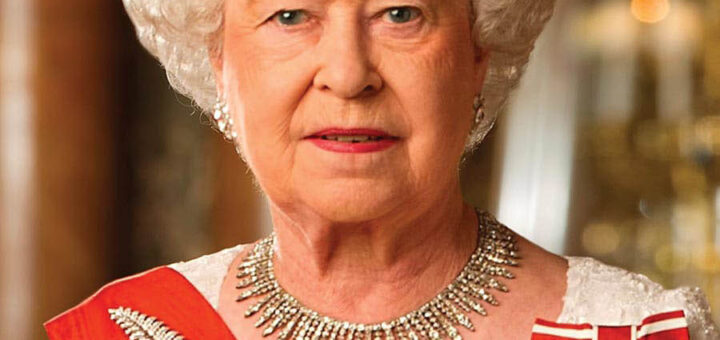What will the future of decolonization hold without the influence of the monarch?

By Matthew Hillier, Staff Writer
Although Canada, the monarch of England and other Commonwealth countries are currently mourning the death of Queen Elizabeth II who ruled from Feb. 6, 1952 until Sept. 2 this year, many are also initiating conversations surrounding the Queen’s legacy in terms of colonization.
A national period of mourning is currently under effect in Canada for the Queen, designating Sept. 19 as its day of mourning wherein several provinces have closed school and work, except Alberta.
The City of Calgary is holding events to commemorate her life in the atrium of the Calgary Municipal Building. In addition, notable Calgary landmarks will be lit up in royal blue to commemorate the late monarch, these locations include Olympic Plaza from Sept. 10 to 19, Reconciliation Bridge from Sept. 15 to 19, and the Calgary Tower on Sept. 19. The City Hall will ring its bell 70 times to mark the reigning years of the late Queen Elizabeth II.
The massive outpoured support and recognition of grief during this period is unprecedented. Among some of those concerns are the actions that will be taken to decolonize England’s commonwealth countries. This becomes more apparent now that more attention and focus is on both the royal family and the politics and practices that they currently hold and have held, which have contributed toward colonization.
When the former Queen took her throne in 1952, over a quarter of the world population was under the British Empire’s rule.
India and other various South Asian countries are requesting the return of the 400 million dollar Koh-i-noor diamond sitting on the crown. Mou Banerjee, a professor of South Asian history at the University of Wisconsin-Madison, expressed in an interview with NPR what these jewels represent to India.
“We essentially have to respect her for her very long service, but as the monarch, she cannot be disentangled from [the] colonization of South Asia… The jewels represent a history of coercion, subjugation, loot, loss, grief,” Banerjee states.
In addition, Moses Ochonu, a professor of African studies at Vanderbilt University, in an interview with NPR, brought attention to the deep effects of colonization that are still in effect in his home continent of Africa.
“There is a sense in which Britain has never fully accounted for its crimes. It’s her dual status as the face of colonialism, but also a symbol of decolonization that defines how she is perceived in many former British African colonies,” Ochonu quotes.
Less than a year before she passed, Barbados removed her as its head of state and became a republic. According to BBC, King Charles III (then Prince of Wales during the ceremony), has acknowledged “appalling atrocity of slavery” that the country has endured.
The royals have seen pushback at home in the U.K. as well. One man was arrested for breaching the peace in the UK after calling Prince Andrew, Duke of York a “sick old man” during the Queen’s funeral procession after reports of the Duke’s recent sex crime allegations and ties to late child sex trafficker Jeffery Epstein.
Antigua and Barbuda, Australia, Bahamas, Belize, Canada, Grenada, Jamaica, New Zealand, Papua New Guinea, Saint Kitts and Nevis, Saint Lucia, Saint Vincent and the Grenadines, Solomon Islands, Tuvalu and the U.K. are currently the only ones out of the 56 countries under the Commonwealth banner who have recognized King Charles III as their monarch.
In an interview with NBC News, Matthew Smith, a professor of history at University College London who directs the Centre for the Study of the Legacies of British Slave-ownership commented on why he thinks many are upset following this period of mourning.
“I think when people voice those views, they’re not thinking specifically about Queen Elizabeth, They’re thinking about the British monarchy as an institution and the relationship of the monarchy to systems of oppression, repression and forced extraction of labour, and particularly African labour, and exploitation of natural resources and forcing systems of control in these places. That’s what they’re often responding to. And that’s a system that exists beyond the person of Queen Elizabeth.”
Beyond the question of the former Queen’s efforts against and towards decolonization and the monarch’s role in both the U.K. and its Commonwealth countries, many are asking how the current English government and the monarchy will address these issues now that their ‘face’ is gone and with the far less popular King Charles III as the replacement.




